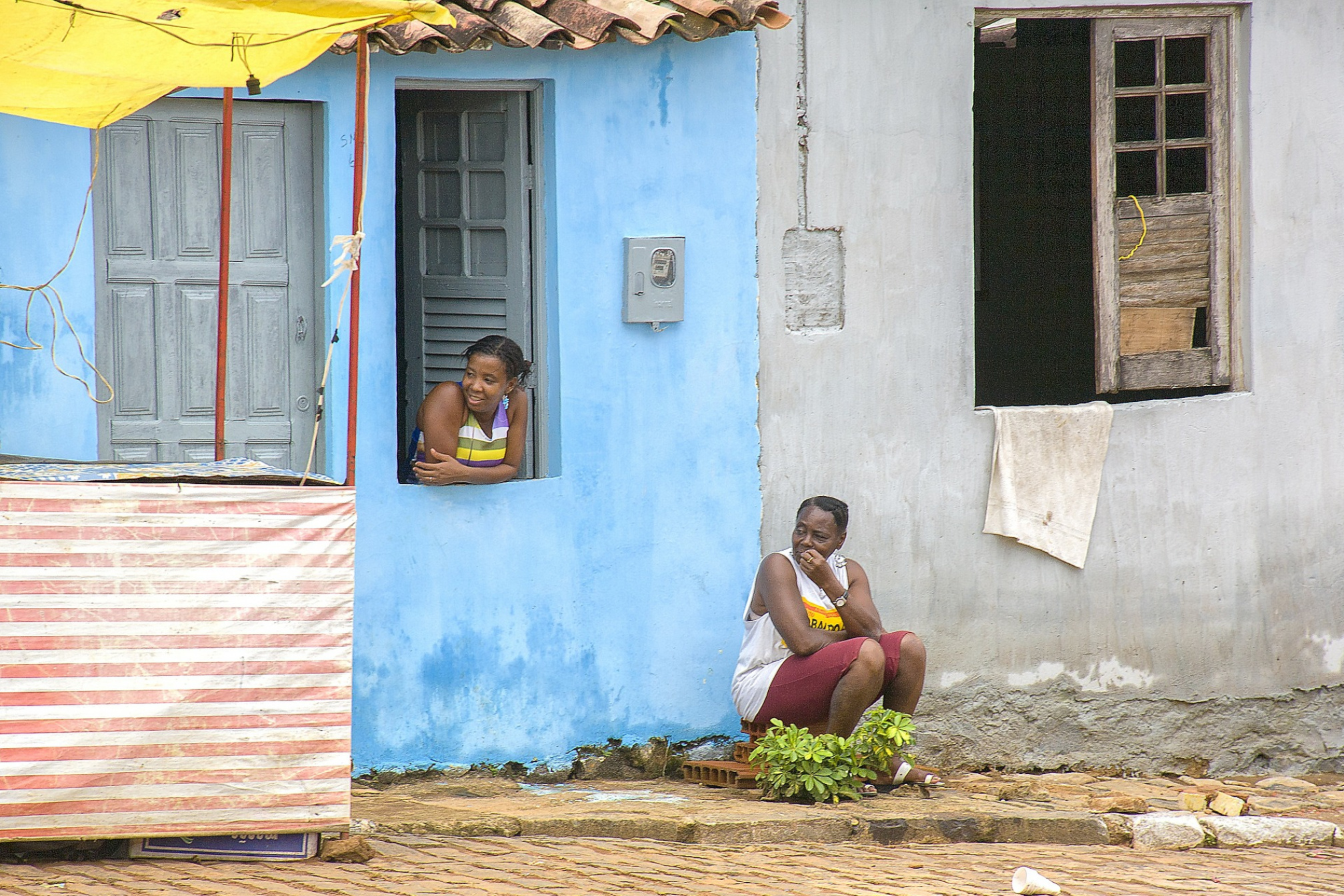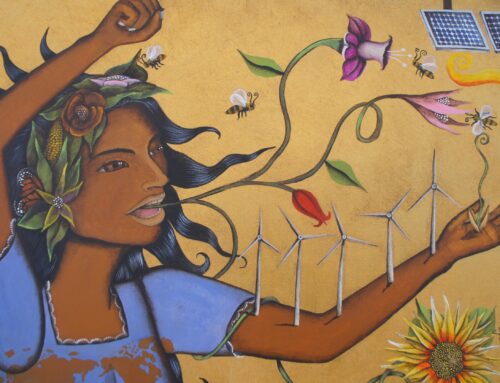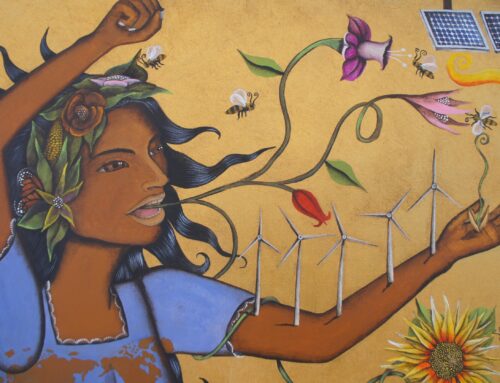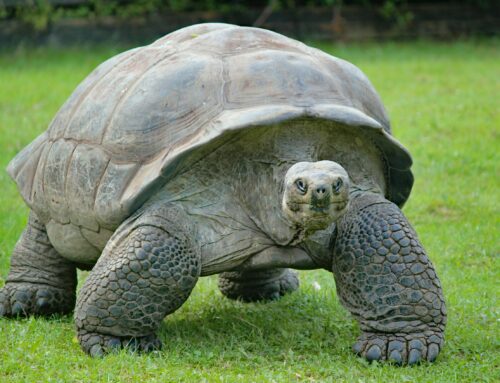Climate Change exacerbates high rates of violence in Latin America and the Caribbean, contributing to instability and increased inequalities. Latin American and Caribbean societies face rampant gender discrimination, unequal access to public services, persistent pay gaps, and a lack of political participation by women. More than 1 in 4 households are headed by women, more than anywhere in the world, and a disproportionate number of women work in the informal economy. The Latin American and Caribbean region also has the highest rates of gender-based violence worldwide – with six countries (Brazil, Peru, Mexico, Argentina, El Salvador, and Bolivia) accounting for 81% of cases globally. Women in rural areas, especially Indigenous women, rely heavily on local natural resources and find it challenging to maintain their lifestyles in the face of increased water and food scarcity due to climate change. Only 30% of rural women own agricultural land, and 40% engage in unpaid labor, putting them at increased risk of economic crises. When women in Latin America and the Caribbean take leadership positions in the face of climate change, they are instrumental in incorporating ancestral Indigenous knowledge into climate change efforts by protecting each other and the land. Young women and women-run organizations, including the Lime Work Programme on Gender, engage globally through COP negotiations and other international climate conferences. However, more work must be done internationally to address gender inequality and climate change with the guidance of frontline women.
Photo Credit: Martin Fuhrmann / Pixabay.com





